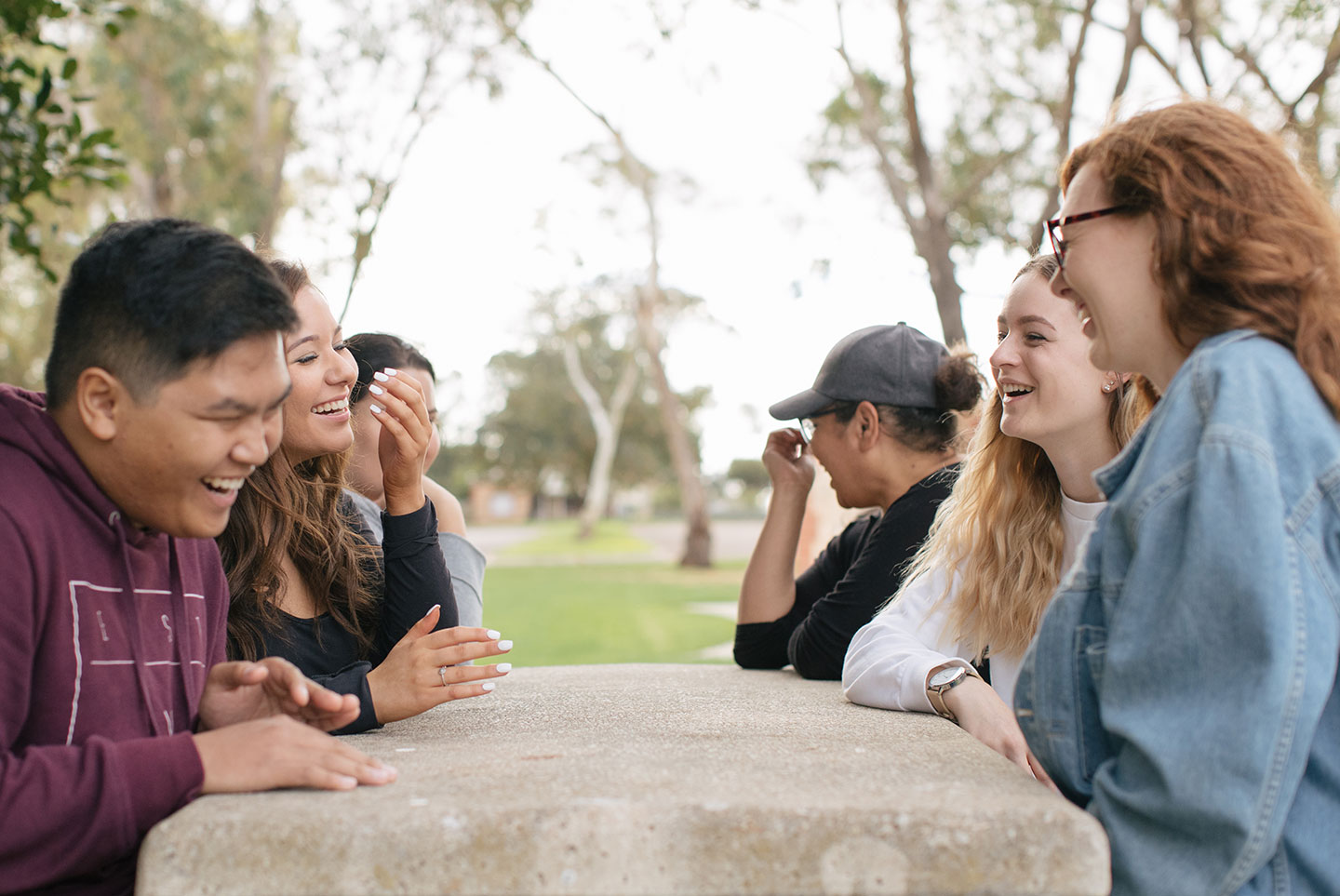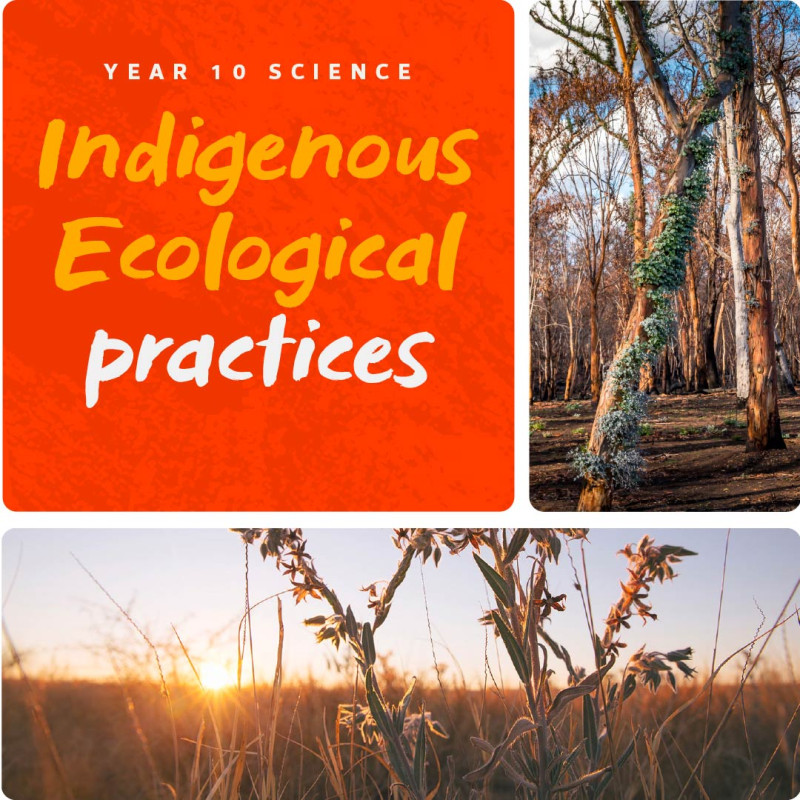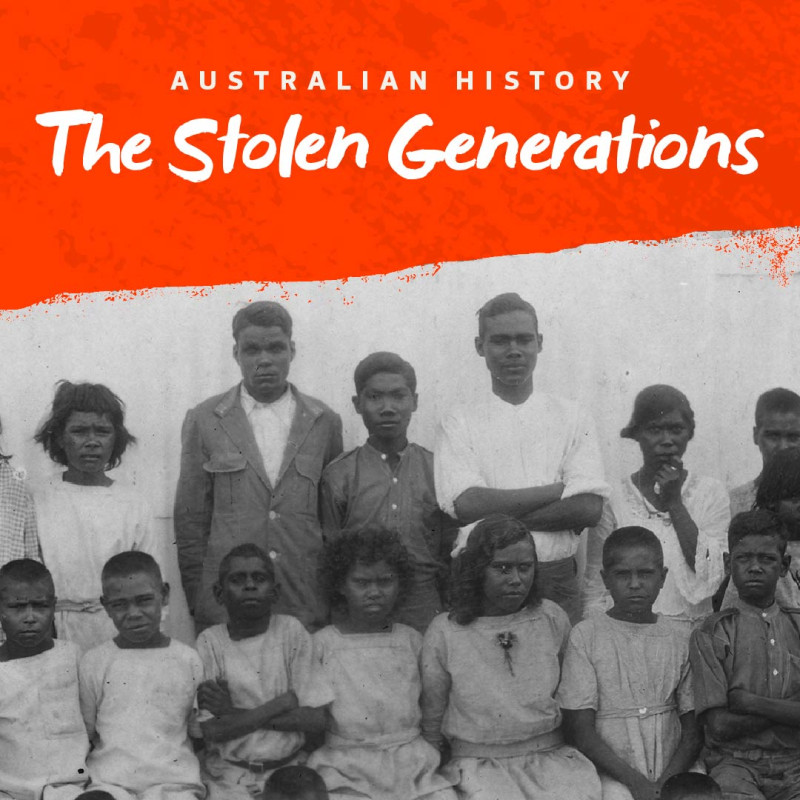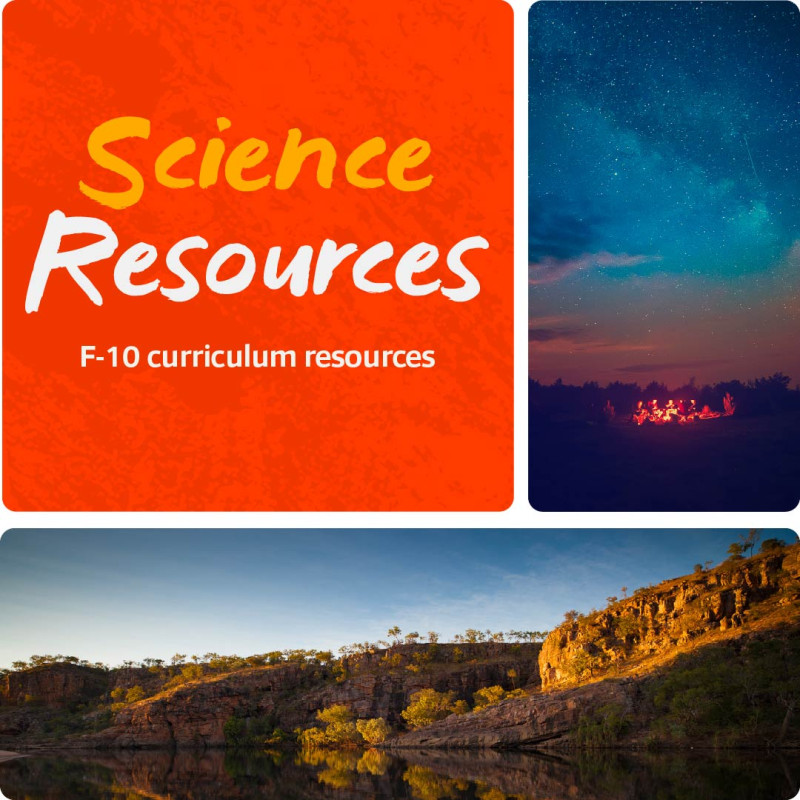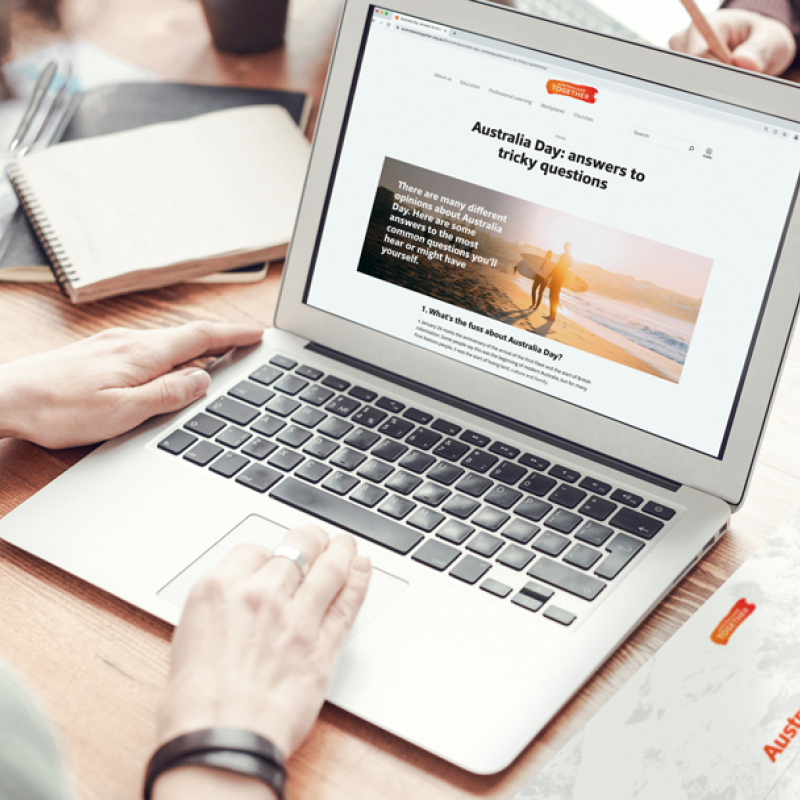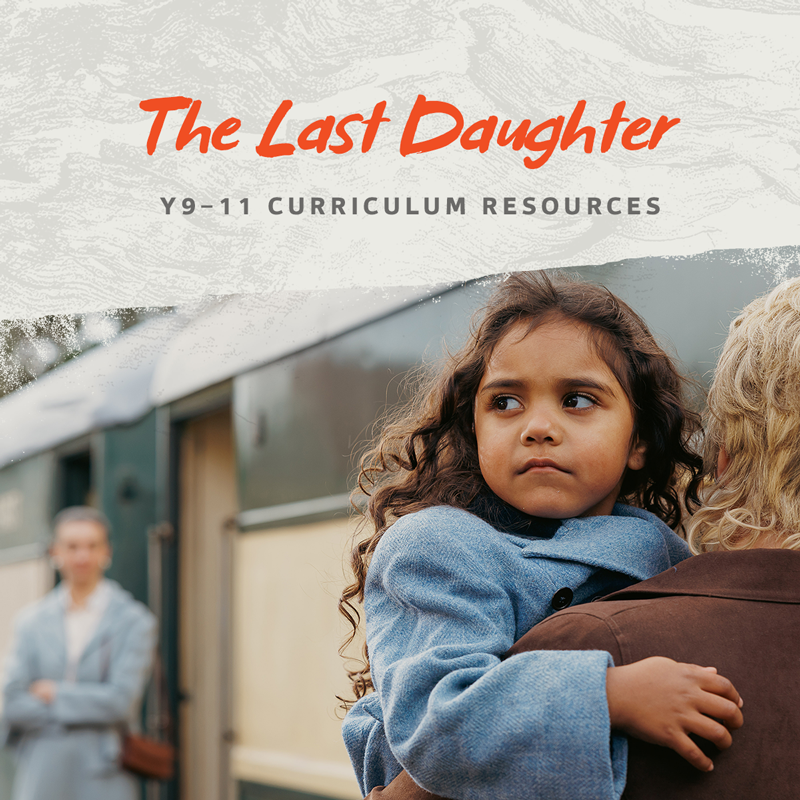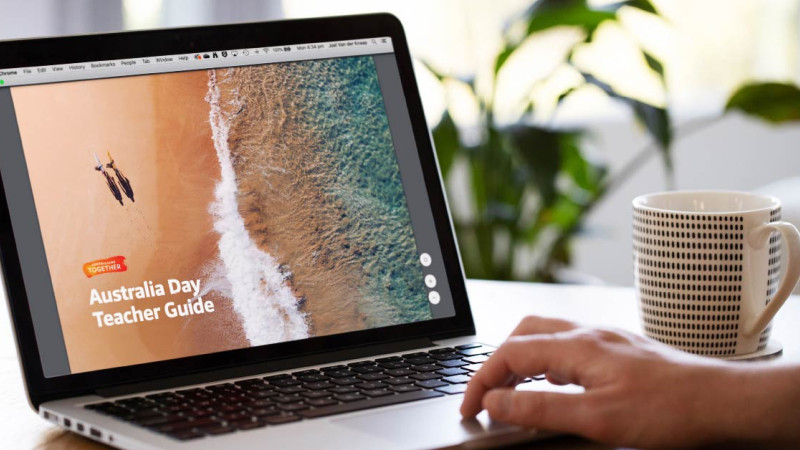Foundation
Foundation Science & Design and Tech – Materials on Country
Students explore the relationship between various materials and their respective properties. They investigate the knowledges First Nations Peoples have about combining different materials for different purposes, and how the properties of materials affect their use.
Foundation Science & HASS – Caring for Country: how Indigenous scientific observation and cultural practices support ecosystems
Foundation English, Science & Visual Arts – Looking at and listening to our world
Foundation Science & Health and PE – Bush toys: investigating how size and shape affects movement
Year 1
Y1 Science & English – Knowing Country
This unit explores the important information First Nations Peoples collect and communicate from observing the natural environment. Students will identify and make connections to what we observe, why we observe, how we observe and ways to communicate observations.
Y1 Science & HASS – Observing and living with the seasons
Y1 Science & Music – Exploring the science of sound with Indigenous instruments
Y1 Science, HASS & Visual Arts – How Indigenous knowledge is represented and communicated through art and design
Y1 English & Science – Tracking meanings from cultures and Country
Year 2
Y2 Science, Design and Tech & HASS – Exploring changes to materials
Students investigate ways materials can be physically changed through hands-on learning. They develop understanding by predicting, observing and discussing the results of changes. Students learn about changes First Nations Peoples make to natural materials and use this knowledge, and exploration, to design their own object from natural materials.
Y2 Maths, Science & Visual Arts – Measurement on Country
Students explore length using both variable and uniform informal units of measurement and investigate ways First Nations people use measurement in everyday life. Students create a weaving artwork using informal measurement to share their learning with others.
Y2 Science & Media Arts – Patterns in astronomy
Students explore how cultural stories of First Nations Peoples of Australia describe the patterns in the changing positions of the sun, moon and stars. Students recognise that astronomers use patterns of movement of celestial objects in the sky.
Y2 HASS & Science – Indigenous toys used by Aboriginal and Torres Strait Islander children
Y2 Science & HASS – Living things: making connections with the world around us
Year 3
Y3 Science, English & Media Arts – Life cycles
Students learn how First Nations Peoples understand and use the life cycle of living things sustainably. They develop an understanding and appreciation for the diversity of life through personal observation, investigation and creative writing.
Y3 Science & Design and Tech – Scientific knowledge helps people develop effective and sustainable products
Y3 Science, HASS & Health and PE – Heat transfer – now we’re cooking!
Year 4
Y4 Science, HASS, Drama, Dance, Visual Arts & Media Arts – Protectors of the rainforest
Students examine the ecological importance of the Daintree Rainforest and learn about the Daintree’s Traditional Custodians – Eastern Kuku Yalanji People. Students also learn how, as a decomposer and keystone species, the southern cassowary regenerates the Daintree Rainforest by distributing seeds.
Y4 Science & HASS – Caring for water
Students learn about water and the ways it enriches life. They explore how water’s perceived, valued and how it connects places in the environment. In looking at how First Nations Peoples understand and care for water, students develop their appreciation for water and water places, to learn to care for and sustain these places.
Y4 Maths & Science – Patterns tell stories
Y4 Science, HASS & Design and Tech – Properties of materials
Year 5
Y5 Science – Cultural ecology
Students explore how First Nations Peoples use knowledges of the structural features and behaviours of some animals and plants. They learn about Australia’s unique plant and animal diversity, and how First Nations Peoples to use and manage this through ancestral knowledge systems and practices.
Y5 Science & HASS – Sustainable solutions: how Indigenous knowledge can lead to better land and water management in Australia
Y5 Science – Indigenous stories of the night sky
Year 6
Y6 Science – Habitats, change and survival
This unit explores the relationship between habitats and survival of living things and how the knowledges of First Nations Peoples about Country allowed different species to thrive for millennia. Students investigate changing physical conditions by creating their own experiment.
Y6 Science – Learning from Indigenous fire management practices
Year 7
Y7 Science – Fire and biodiversity
Students explore their local environment by surveying biodiversity and creating food webs. They investigate the differences between various types of fire, including cultural burning, and how such fires affect biodiversity in their local region.
Y7 Science – Biological sciences: Indigenous classification and understanding food webs
Y7 Science – Separating mixtures
Y7 Science – The cycles of Earth and space
Y7 Science – Forces and motion
Year 8
Y8 Science – Investigating First Nations people’s science knowledges in the production of pigments and dyes
Y8 Science – Fire management and sustainability practices of First Nations Peoples
Year 9
Y9 Science – Carbon dating First Nations history
Students examine how current carbon-dating science supports First Nations Peoples’ ancient oral histories of and long presence on this continent. Students research and present on ancient artefact locations and learn how advances in technologies are giving a greater insight into the continent’s past.
Y9 Science – Issues in feedback systems
In this biological sciences unit, students investigate disorders of feedback systems and effects on the development of products to address issues. Students research the relationships between First Nations healing and biomedical models in contemporary medical systems, and present findings to peers.
Y9 Science – Protecting Australian ecosystems
Y9 Science – Heat transfer
Year 10
Y10 Science – Toxic or edible?
This chemical science unit looks at the chemical processes First Nations people use across the continent to detoxify substances (such as seeds) to make them edible. It covers processes such as leaching and fermentation.
Y10 Science – The biological evolution of First Nations Peoples to the harsh Australian climate
The past tells how our ancestors migrated across the world and came to settle in Sahul. A story of resilience is uncovered through studying the biological evolution of First Nations Peoples. Genetic isolation and extreme climate changes have given rise to societies rich in archaeological histories.
Y10 Science – How Indigenous ecological practices can help reduce greenhouse gas emissions
Y10 Science – Exploring First Nations knowledges of celestial bodies
Australians Together Learning Framework
Take a deep dive into the Learning Framework and explore our vast array of First Nations stories, activities, resources, and more. Curate your own customised learning journey to unlock the truth of our past, prompt reflection about our present, and inspire meaningful action that will bring about a brighter shared future for our nation.
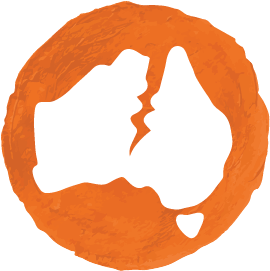
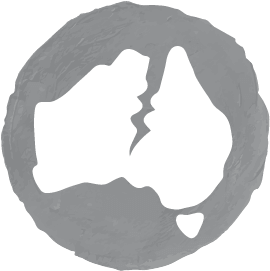
Injustice from the impact of colonisation.
Discover our curated collection of stories, articles and statistics that expose the injustices at the heart of our nation.
Who are Indigenous Australians?
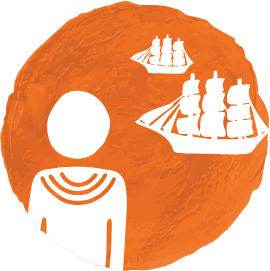
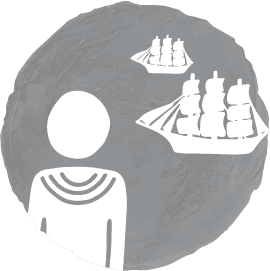
A past that shapes our story as a nation.
Tell stories that many Australians have never heard.
Immerse yourself in stories and articles to understand the connection between our nation’s past and present.
Busting the myth of peaceful settlement
Early missionaries to Australia
The civil rights movement in Australia


What’s it got to do with me?
Examines why this is relevant to every Australian.
Browse articles and stories that explore the ways we’re all connected, and what this means for us as Australians, collectively and individually.
What does this have to do with me?
Australia Day: answers to tricky questions
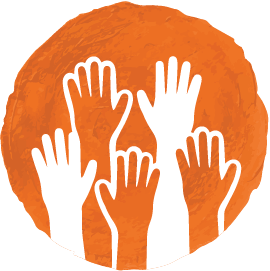
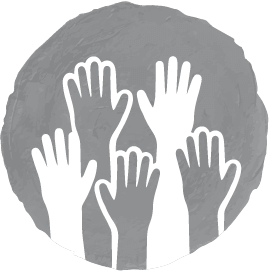
Everyone has culture. Know about your culture and value the culture of others.
Dive into stories and articles that explore the significance of culture and its role in building a brighter future together.
Welcome to and Acknowledgement of Country
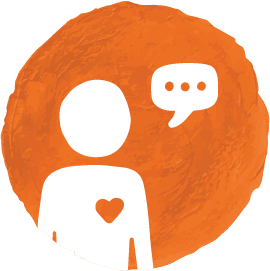
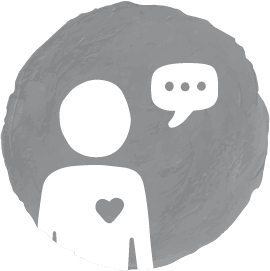
Steps we can take to build a brighter future.
Find inspiration in stories and articles that show even little steps can lead to big change when we do things together.
How do I get the most out of these resources?
The resources are designed to be flexible and modular, working around how you like to teach. You can use the resources exactly as they’re designed, or as a starting point from which to build your own lessons. Make them your own and use them to help you feel more confident in class.
Ready-made resources that save you time and help engage students
Make a difference in your classroom with easy-to-use, ready-made resources that will help your students understand First Nations stories, experiences and perspectives.
- Everything is ready to go
- Save you time
- Authentic learning
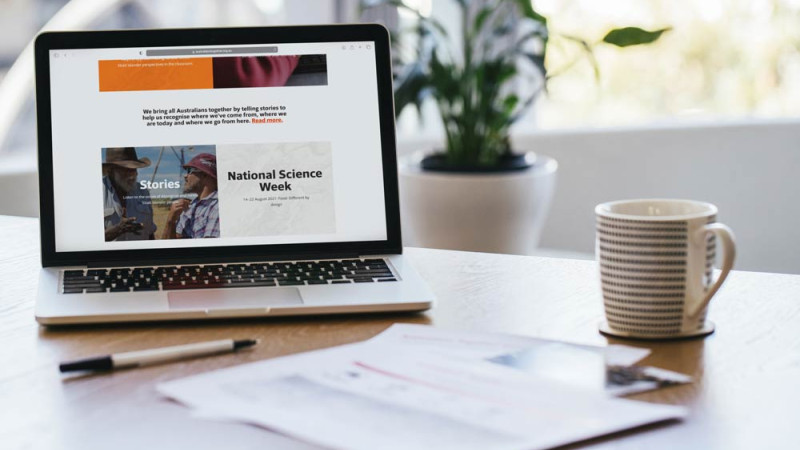
How will Australians Together continue to help me?
Change takes time and we’re here to provide the support you need over the long term. We’re constantly building new resources and we love to hear from educators like you. Feel free to reach out at any point and we can see how we can help. Together we can build a brighter future and a more united Australia for everyone.
Here’s why so many teachers love our resources:
- Everything is ready to go
Our resources include teacher guides and student handouts. - Save you time
Teachers love our resources as they it saves them time when lesson planning and they’re packed full of activities that really engage students. - Authentic learning
Teachers are following our resources’ responsive framework to confidently teach about Aboriginal and Torres Strait Islander histories, cultures and perspectives.
Have your say

Lets talk
We'd love to hear your feedback, comment or suggestions.
Contact us
contact@australianstogether.org.au
Phone: (08) 7073 6499
PO Box 107
PARK HOLME SA 5043
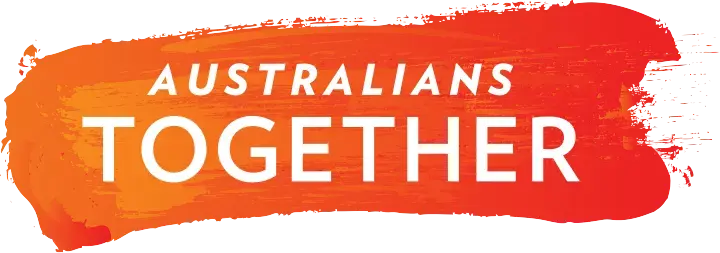
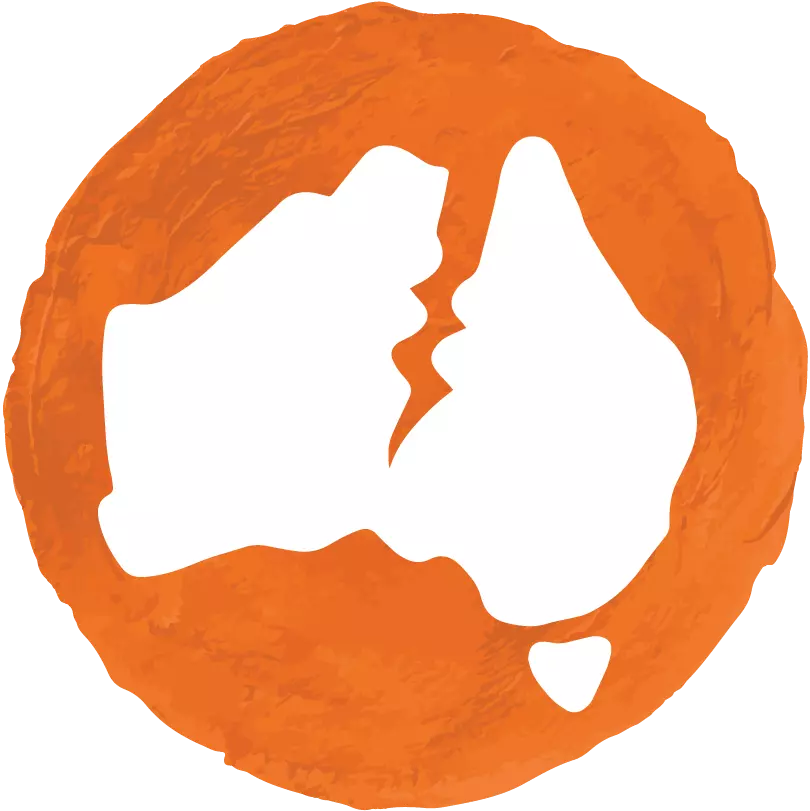 The Wound
The Wound
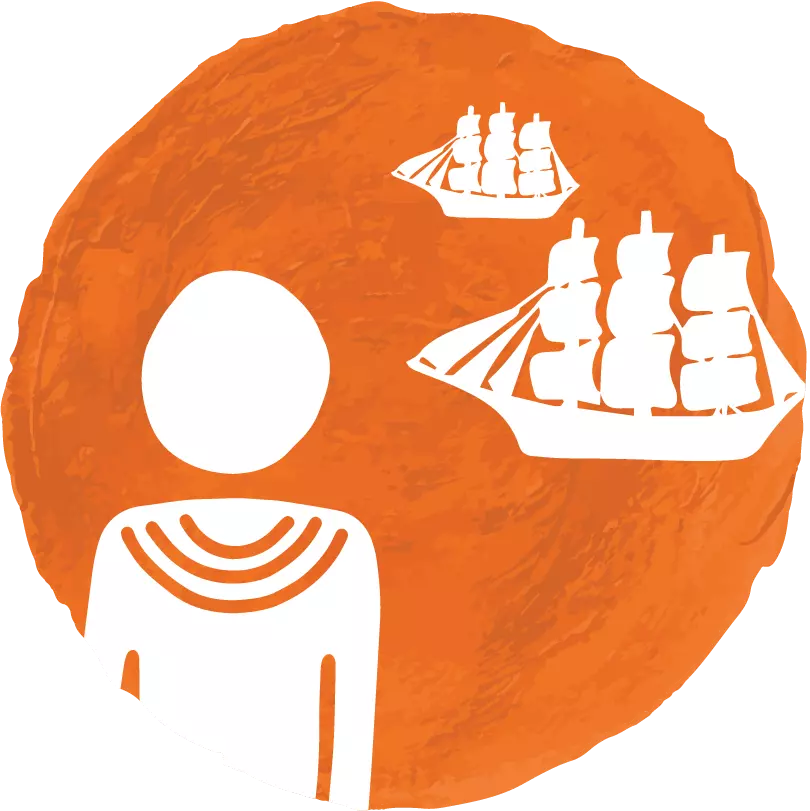 Our History
Our History
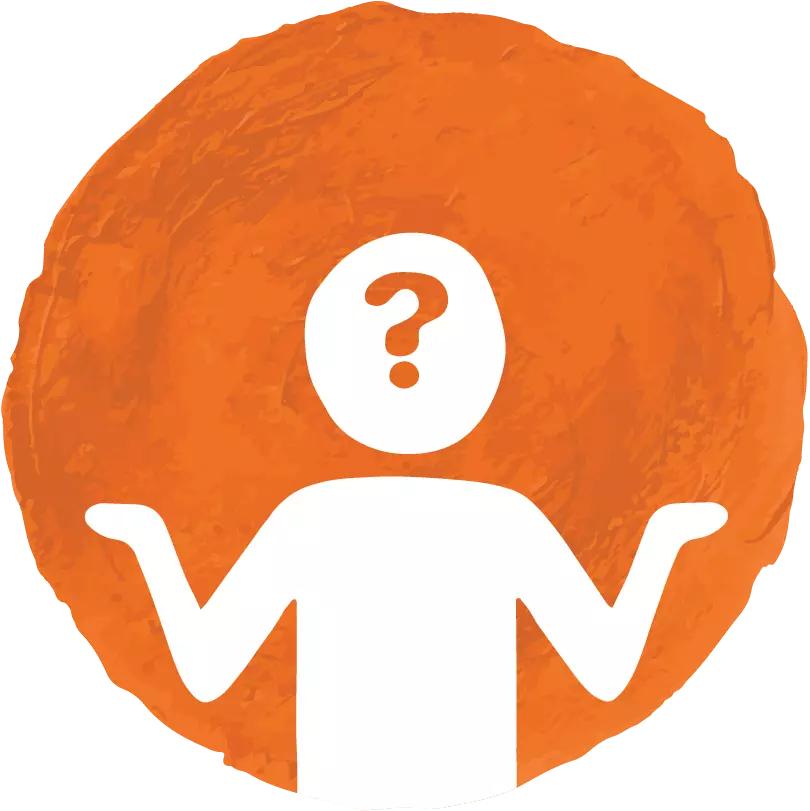 Why Me?
Why Me?
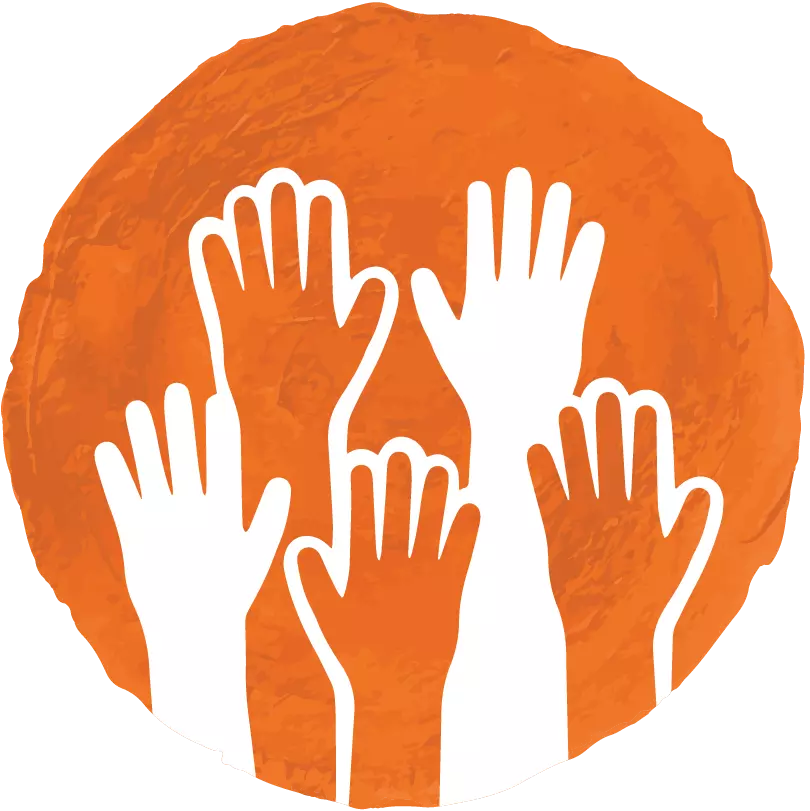 Our Cultures
Our Cultures
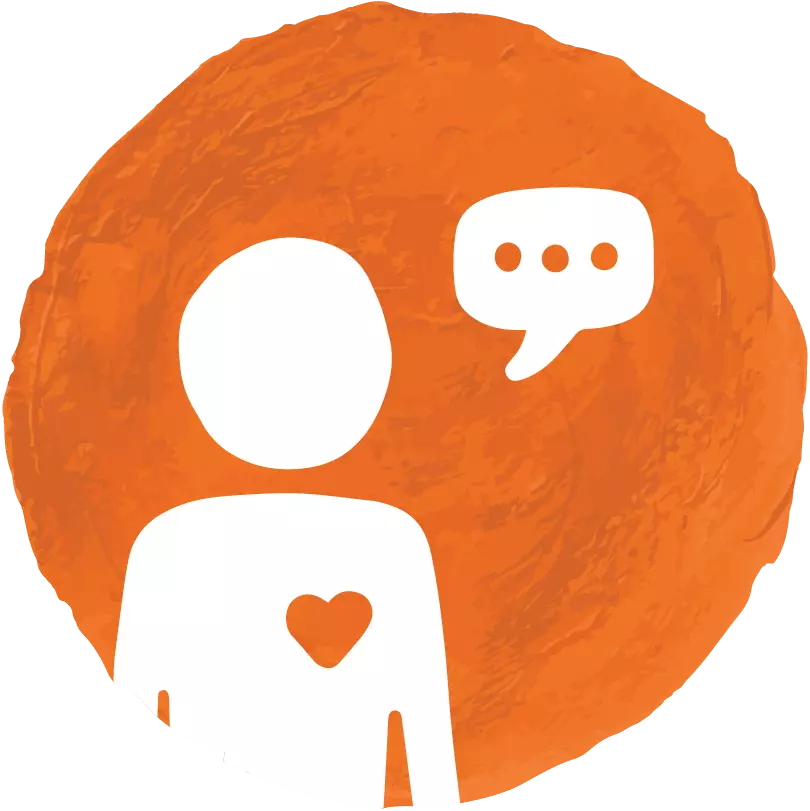 My Response
My Response

